Rodents in Marysville, Washington
Preventing Pests in Marysville, WA
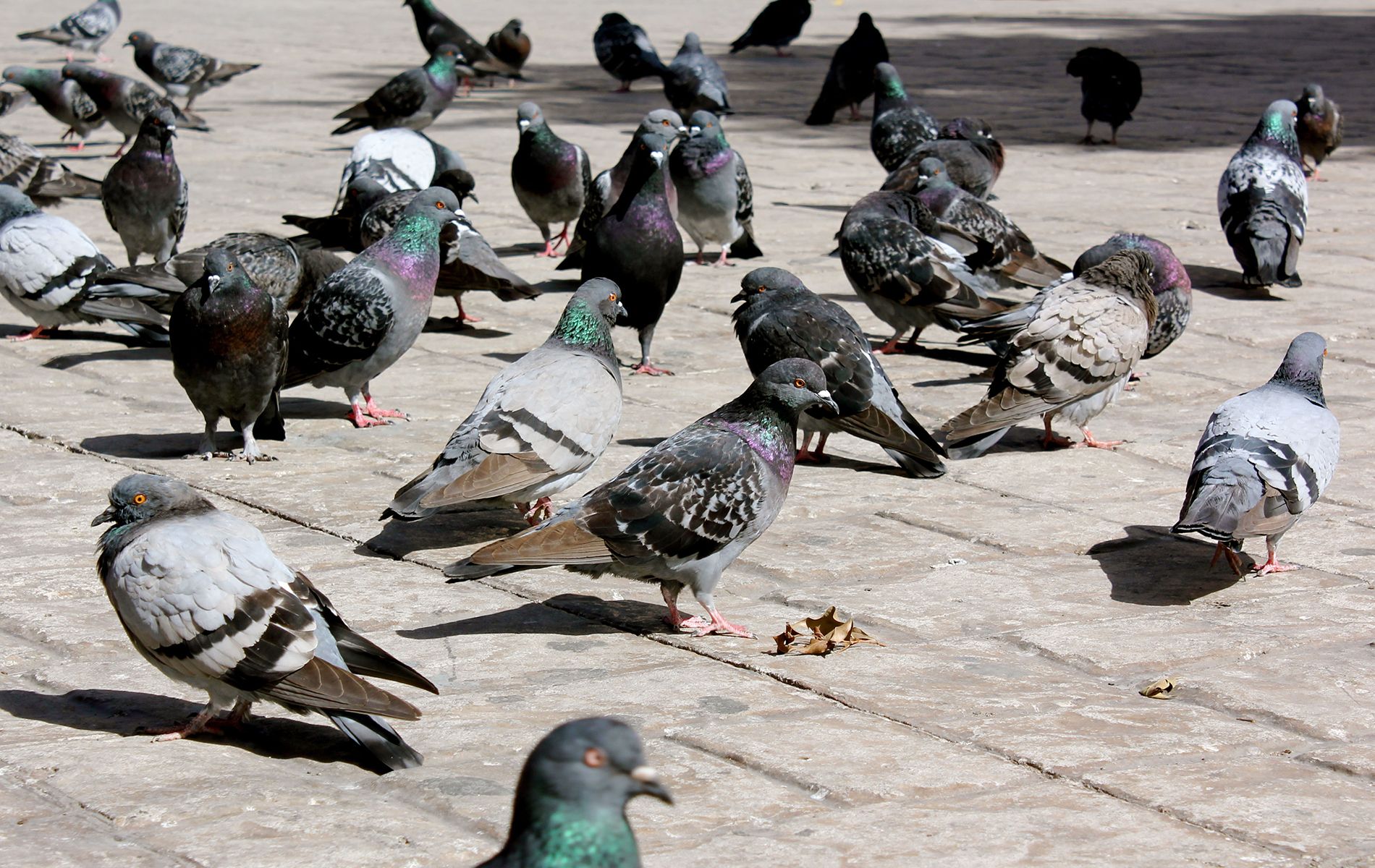
Rodent Control in Marysville, WA: A Little Country Trouble with Big Consequences
Here in Marysville we know that living in a rural town has its charm. From quiet country roads to rolling fields and the occasional glimpse of wildlife, there's a certain peacefulness that comes with it. But with all that beauty and nature also comes a set of challenges, particularly when it comes to rodent control.
While many folks love bird feeders, chicken coops, and wildlife feeders, these simple pleasures can unintentionally draw in a host of unwanted critters, especially rodents. If you're a Marysville resident, you know how quickly a cute little mouse or a sneaky rat can turn into a full-blown infestation if not kept in check.
The Feathered Friends and Critter Conundrum
Bird feeders, chicken coops, and wildlife feeders all have one thing in common: they offer a steady food source. But that’s not just a welcome sight for birds, squirrels, and other critters. Rodents love a good meal too! A bird feeder might be designed for our feathered friends, but to a rat or mouse, it’s a perfect all-you-can-eat buffet. This easy access to food can make rodents feel right at home, and before you know it, they're setting up shop in your attic, garage, or even your walls.
Chicken coops can also be a magnet for rodents. While the chickens are busy scratching around for their own food, rats and mice will seize the opportunity to grab some of the scraps. If the coop is not sealed properly, it can become a cozy little hideaway for these critters, who are more than happy to snack on chicken feed. With that abundance of food and shelter, you’re bound to get more than just chickens in your coop.
Wildlife feeders may attract deer, raccoons, or even the occasional bear, but they also lure in rodents looking for an easy meal. Whether you’re using the feeders to attract songbirds or just to enjoy a little wildlife sighting, it’s important to consider how rodents might view these as a 24-hour snack bar.
The Dangers of Rodents: Diseases You Don’t Want to Tangle With
Rodents may seem harmless enough, but they carry a range of diseases that can spread to humans, pets, and livestock. Leptospirosis, salmonella, and hantavirus are some of the more common ones associated with rodents in this region. These diseases can be spread through rodent droppings, urine, or even through contact with contaminated food.
Leptospirosis, for example, can cause serious health issues like kidney damage and liver failure. It’s transmitted through water or soil that’s been contaminated by rodent urine. Salmonella, on the other hand, often makes its way into homes through food that’s been tainted by rodent waste. And then there’s hantavirus, a serious viral disease that can cause severe respiratory issues. It’s carried by deer mice and spread through the droppings and urine of infected rodents.
The last thing you want is to end up with a case of rodent-borne illness just because you were trying to enjoy a few birdwatching moments or feed your chickens.
The Need for Inspections and Exclusion Work
It’s easy to get caught up in the charm of Marysville’s rural living, but if rodents start to make themselves comfortable in your home or barn, it’s time to step in. Preventing an infestation is all about staying ahead of the game. That's why regular rodent inspections are crucial. An expert will check for potential entry points—those tiny gaps around doors or cracks in walls that mice can easily squeeze through—and will make sure your home is sealed tight.
Exclusion work is just as important. This involves sealing those openings that might be attracting rodents, along with setting up barriers to prevent them from getting in. It might also include addressing potential food sources around your property. If you love having a bird feeder, chicken coop, or wildlife feeders, you’ll want to make sure they’re designed in a way that limits rodents' access to the food. Keep things clean and tidy—disposing of any leftover food and cleaning up the area regularly. You don’t want to make your property an all-you-can-eat buffet for the local rodent population!
While Marysville’s rural life brings plenty of perks, it also comes with its fair share of responsibilities. Keeping your home and property free of rodents might not always be the most glamorous task, but it’s essential for both your peace of mind and your health. By taking steps to limit food sources like bird feeders, chicken coops, and wildlife feeders, along with investing in regular rodent inspections and exclusion work, you’ll help keep your property safe from those pesky rodents—and the diseases they carry.
So, while you’re out there enjoying the simple joys of country life, make sure you’re keeping an eye on those little critters. After all, in Marysville, it’s better to be safe than sorry.

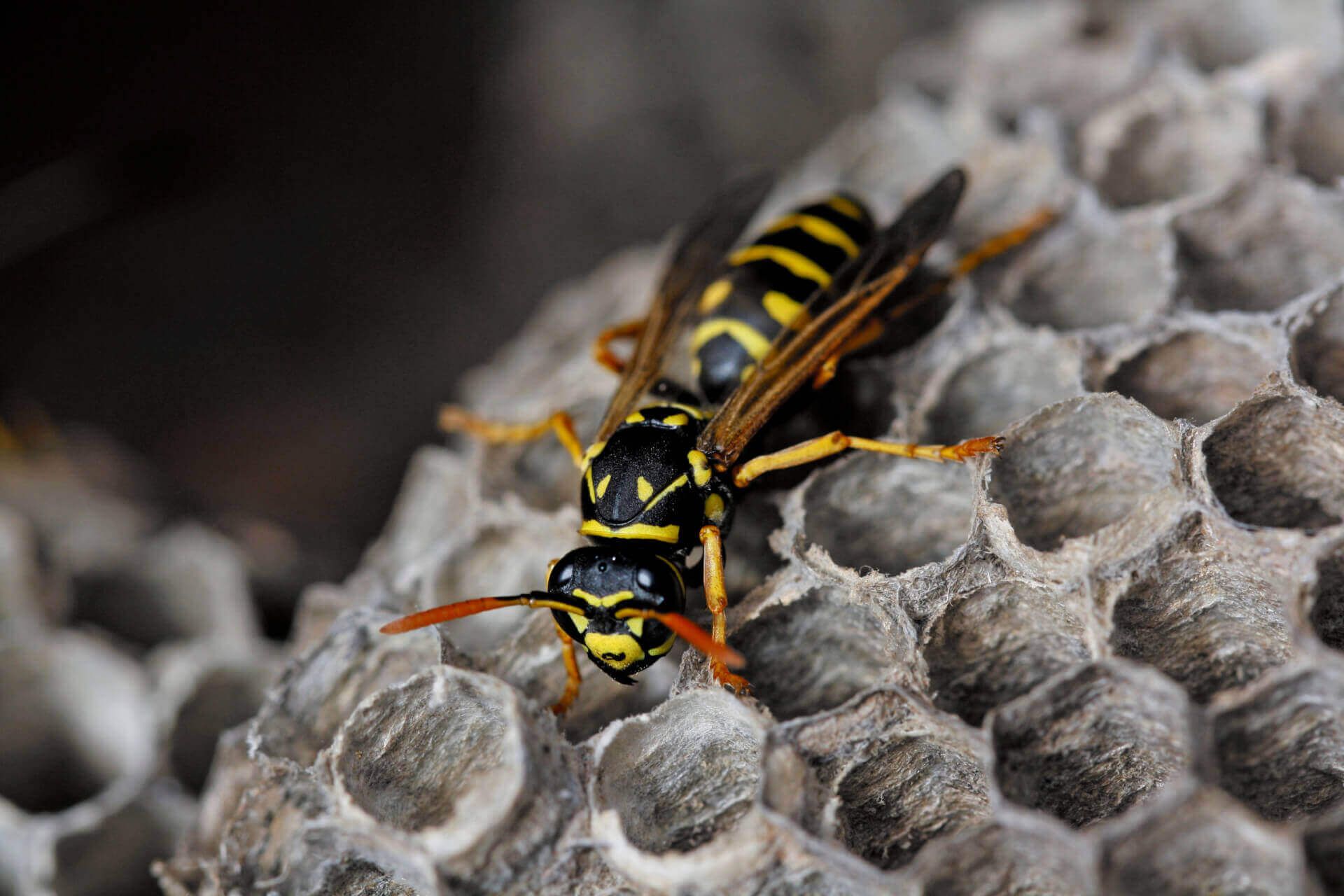
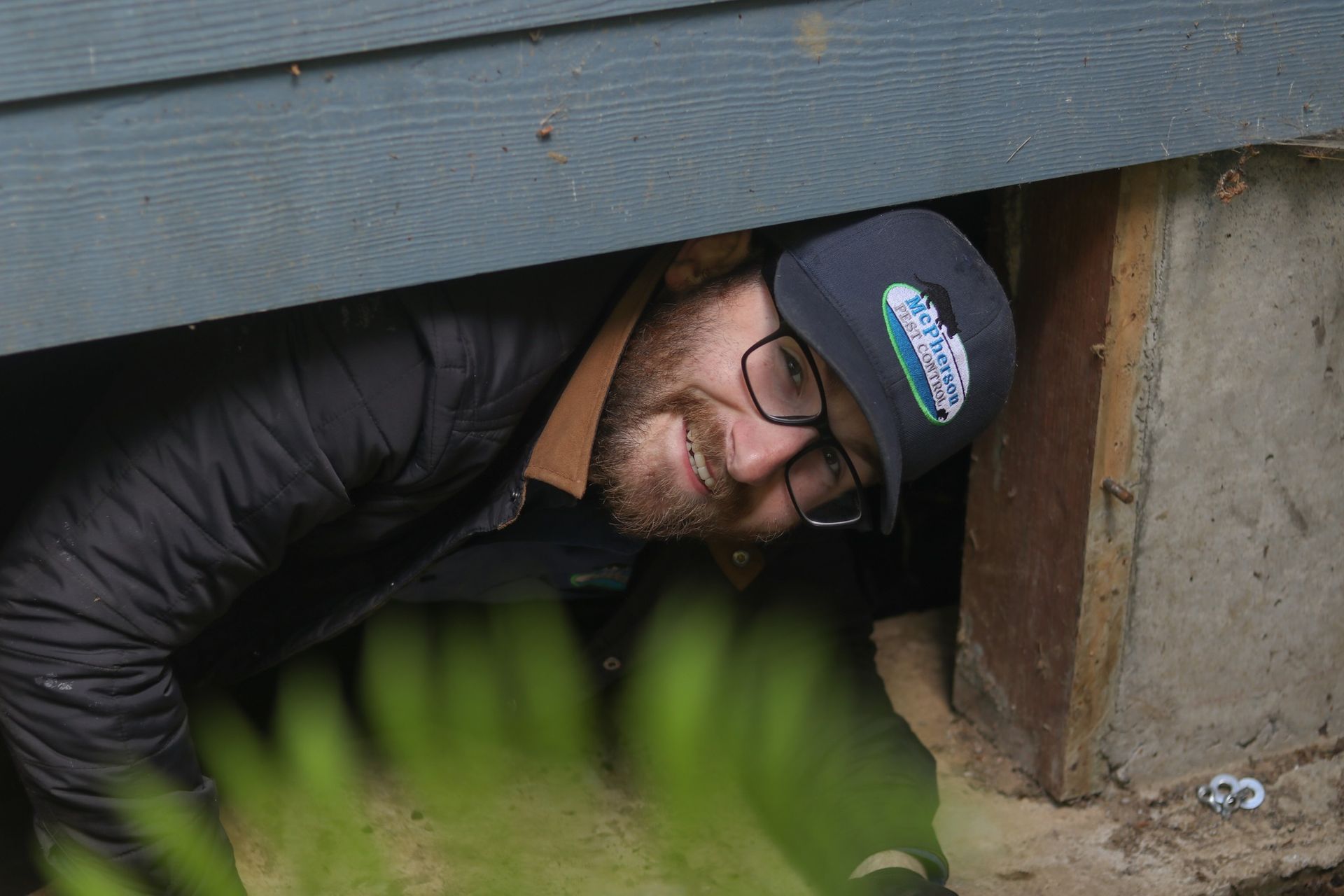
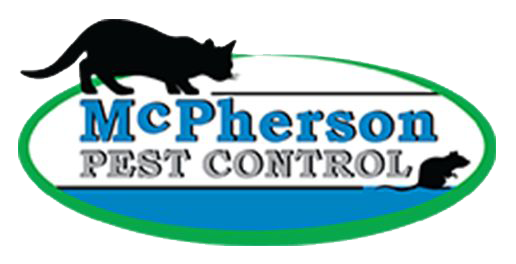
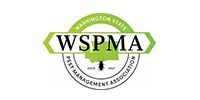
Share On: